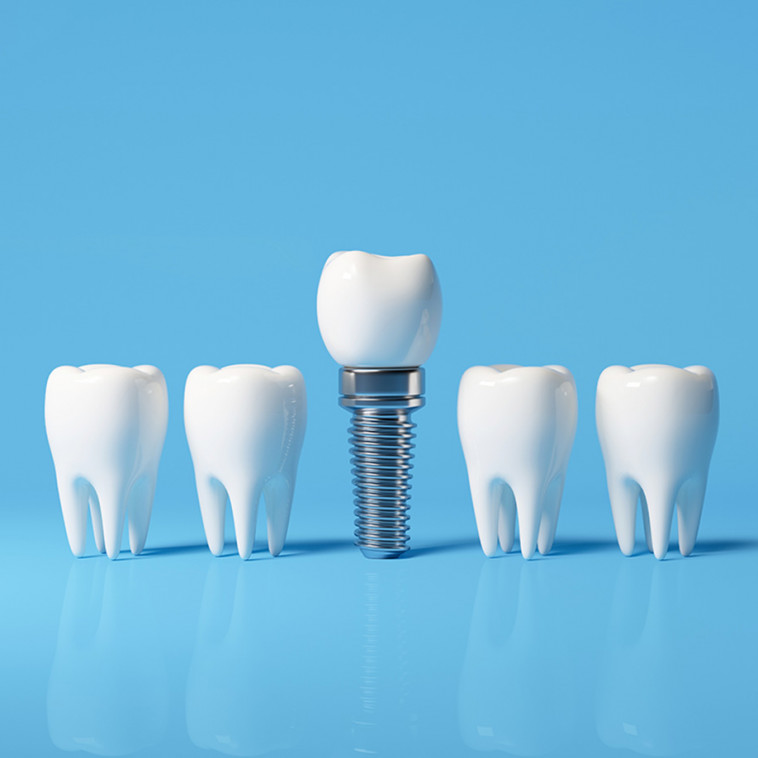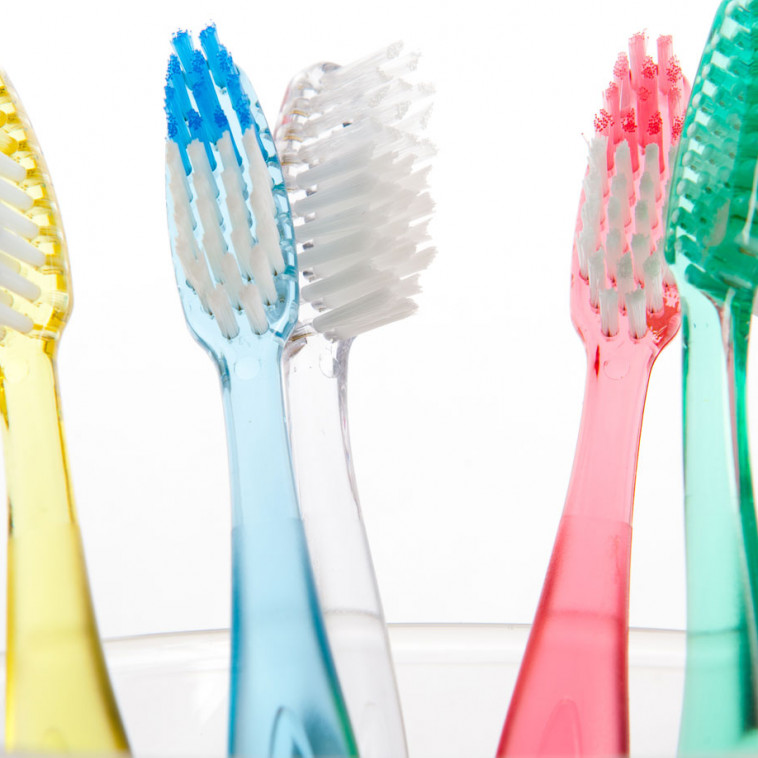
Wisdom teeth: What you need to know
What's up with their name?
Wisdom teeth will not improve your intelligence. They're called such since they usually appear when you're older, between 17 and 21. These teeth are located in the back of your mouth, two on top and two on the bottom.
Missing Molars
Wisdom teeth are molars, your strongest and biggest teeth, and grind food. However, some people do not have all of their wisdom teeth. They're the ones that are most frequently lost from adult jaws. Some argue that our jaws have evolved as a result of dietary changes.
Why They're Taken Out
These molars are more likely to cause problems than any other tooth. In the United States, around 10 million wisdom teeth are pulled each year. One of the most common causes is impaction, which occurs when the tooth does not have enough room to emerge from the gum as it should.
Other Issues
Most wisdom teeth that show signs of illness or have apparent abnormalities should be extracted.
Reasons include:
• Infection or cavities
• Infection or cavities
• Lesions (abnormal-looking tissue)
• Damage to surrounding teeth
• Bone loss around roots
• Insufficient room to brush and floss around the tooth
Possible Problems Later
Some dentists advise removing them as a precaution since they may cause difficulties in the future, such as:
• Before the tooth comes in, the bag of tissue surrounding it can develop into a cyst, resulting in bone loss in your jaw.
• If the tooth is on its side under your gum, it can harm neighboring teeth by eating away at the roots.
• Bacteria and plaque can accumulate around a partially extracted tooth.
However, many researchers and public-health professionals believe that extracting healthy teeth is not an intelligent idea. You can always obtain a second opinion if your dentist offers it and you're unsure if you should.
Simple Extraction
The method used by your dentist to extract your tooth is determined by how far it is removed from your gum. If it has entirely grown in, your dentist can remove it. They may numb your gums before injecting a more potent numbing drug into the area using a needle. They'll use an elevator to loosen the tooth, then dental forceps, which look like pliers, pull it out. They will clean the area and pack it with gauze to stop the bleeding.
What to Expect After Simple Extraction
You will most likely have some bleeding on the first day. For a few days, you may also feel sore and puffy. Any bruising may take a little longer to disappear. For the next 24 hours, you should not brush or rinse your teeth. Then, gently gargle with warm salt water every 2 hours for a week.
Surgical Extraction
Your tooth will have to be extracted if your tooth is still below the gum line. Some dentists may prefer to send this treatment to an oral surgeon; however, many dentists conduct it regularly. Throughout the procedure, you may be given sleep medication not to feel discomfort or recall anything. The surgeon will cut the gum and remove the tooth bone to reach the root. To keep the hole small, they may need to chop the tooth into pieces.
Self-Care
• You should be able to resume your routine activities the next day. • Hold a cold compress to your jaw intermittently to aid with soreness and swelling to expedite healing and relieve pain.
• Try not to spit too much to disturb the blood clot that prevents the region from bleeding.
• Drink plenty of water, and avoid alcohol, hot beverages, and sodas for 24 hours.
•You won't be able to open your mouth for nearly a week fully. Consume soft foods that will not irritate the area.
Possible Problems Afterward
Though uncommon, the surgeon may injure some nerves while extracting the lower teeth. This could result in persistent numbness of your lips, tongue, or chin. When it comes to upper teeth, surgery can harm your sinuses and the air-breathing chambers under your eyes. If your blood clot dissolves too quickly, leaving your nerves and bone exposed, you may develop a painful disease known as dry socket. This is possible with both easy and surgical extractions.
When to Call Your Doctor
Contact your dentist or surgeon right away if:
• You are having difficulty breathing or swallowing
• The blood does not stop leaking after a day or two, and the pain lasts longer than a week.
• Your face or jaw remains swollen for several days.
• You've got a fever.
• You observe numbness, pus, or foul odors.
Contact us
Amaral 13 Building
Flat 403,
1061 Nicosia, Cyprus
Tel: 22-452345/6
email: apanagidisdentalcenter@gmail.com



